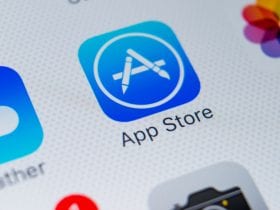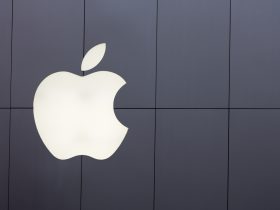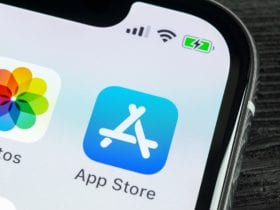Now, you can join the battle against misleading and other “fake” news online. But your options are somewhat limited unless you’re already an academic or data scientist who’s been studying the subject since way before Donald Trump started running for president.
Giovanni Luca Ciampaglia, a research scientist at Indiana University, fits that bill. He helped create a tool to track how unsubstantiated claims spread online, a phenomenon that first caught his eye during the Ebola crisis in 2014.
“We started seeing a lot of content that was spreading, completely fabricated claims about importations of Ebola, (such as) entire towns in Texas being under quarantine,” he says. “What caught our attention was that these claims were created using names of publications that sounded like newspapers. And they were getting a lot of traction on social media.”










Leave a Reply